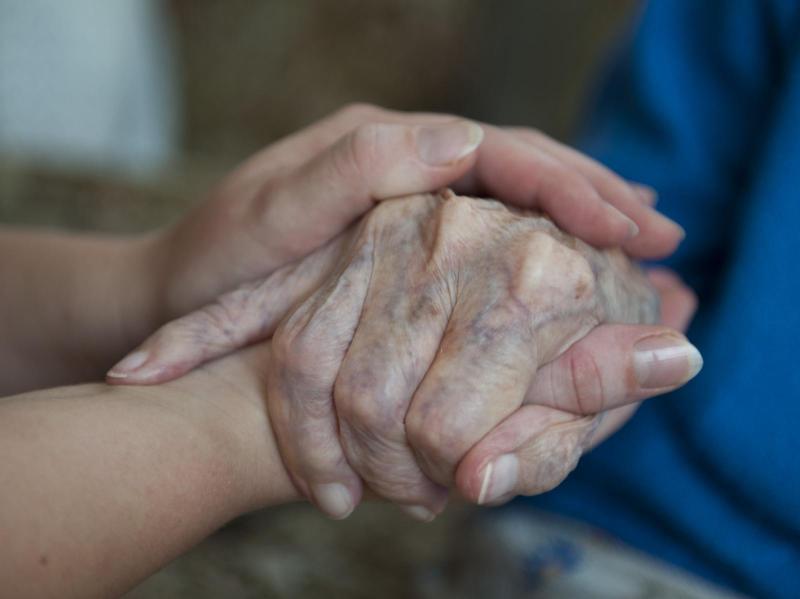In this time of challenge we are inviting various voices from the diocese to share their pastoral insights.
Forgiveness is easy to say, yet difficult to practice.
Nurturing forgiveness in married life, helps to heal wounds and rekindle love.
Our thanks to Audrey Hamilton (Harrow on the Hill parish)
With predictions amongst divorce lawyers that divorce rates are likely to escalate as families are forced into isolation together (as Baroness Shackleton recently told peers in Westminster), is that one more thing for couples to worry about amidst the coronavirus pandemic? Or can the rich resources which we have at our disposal in the church be of assistance?
True, even ‘church’ is different these days and we find ourselves now without access to the sacraments, something previously unheard of. In a recent article in the Jesuit online journal, Thinking Faith, Gemma Simmonds CJ suggests that perhaps we can use this moment in the life of the Church to ask ourselves how the sacrament of reconciliation in particular can and does permeate our everyday lives[1]. That article is worth reading in its own right, but I here confine myself to the concept of forgiveness as explored in the marriage preparation material ‘Smart Loving, Engaged’[2].
We have been using this programme in our parish for several years now and, of the six two hour sessions that it comprises, one in particular has always been commented on by our couples as the most useful and enriching. This is the fourth session entitled ‘Building Unity’, where the role of forgiveness and healing is examined.
By this stage, our couples have thoroughly explored the central theme that ‘smart loving’ means loving each other in the way that the other experiences love, that our mission is to ensure our spouse knows he or she is loved and lovable, and that our couple unity is more important than our own individual position. Crucial to this is forgiveness.
Our couples are invariably too young to remember the old soppy movie, Love Story where the memorable quote, as Ali McGraw lays dying and Ryan O’Neal expresses his remorse for past misdeeds, is ‘Love means never having to say you are sorry.’ On the contrary, we would contend that love means always saying sorry but even more than that, as our material demonstrates, it means saying ‘Will you forgive me?’
For there is a crucial difference between saying ‘I am sorry’ and asking ‘Will you forgive me?’ Simply saying ‘I am sorry’ is an I-centered statement that expresses one’s emotion of sympathy for the other’s hurt and does not require a change of heart. And how often do we not actually mean it, but use the expression as a way of trying to get the matter over and done with (‘Well I’ve said I’m sorry, can’t you now let it go!’). Asking for forgiveness, on the other hand, whilst so much harder to do, is also much more powerful. We make ourselves vulnerable in so asking and the other person can actually refuse the requested forgiveness. How many of us love so much, and trust so much, to do that? Yet marriage requires nothing less, whilst also promising so much in return.
May God’s blessing be on us all, and our families, in these difficult days.
[1] https://www.thinkingfaith.org/articles/question-forgiveness?mc_cid=ae902d1cfc&mc_eid=952283589a
[2] www.smartloving.org




